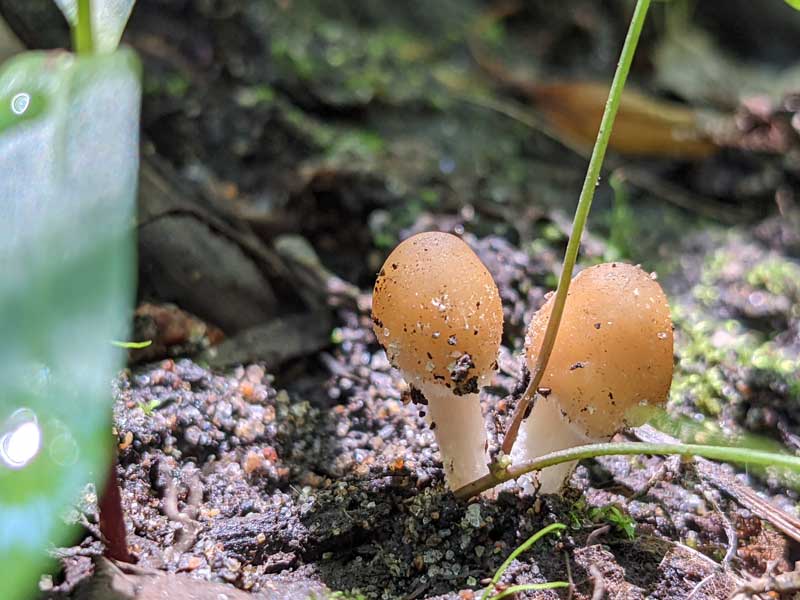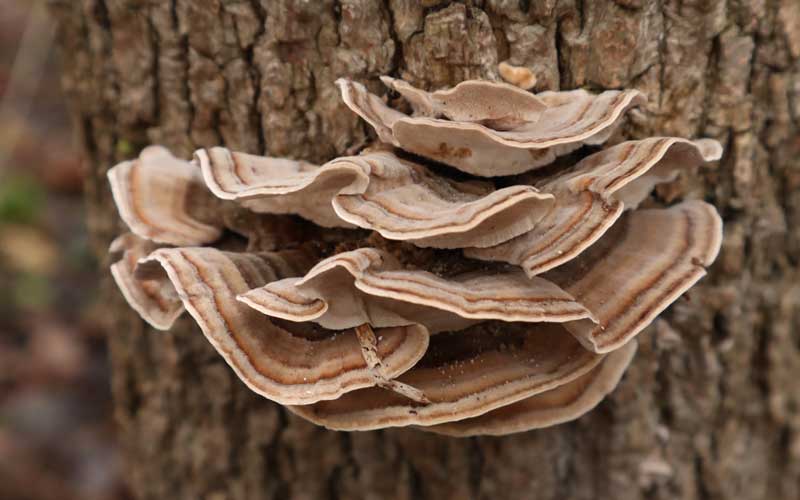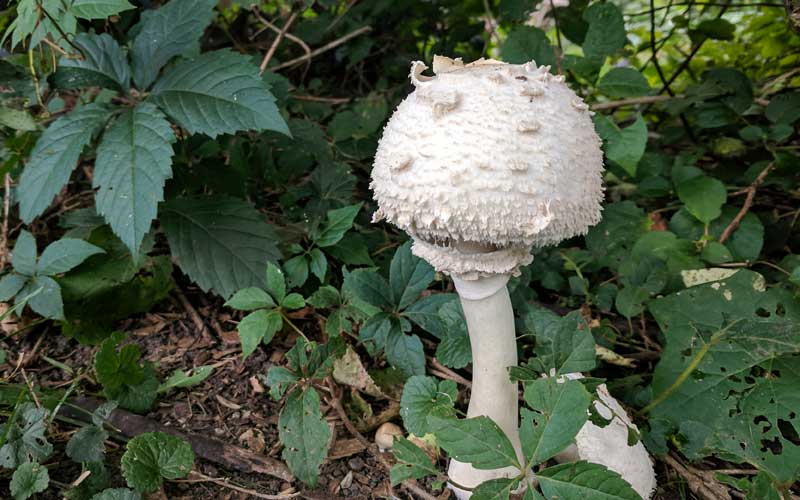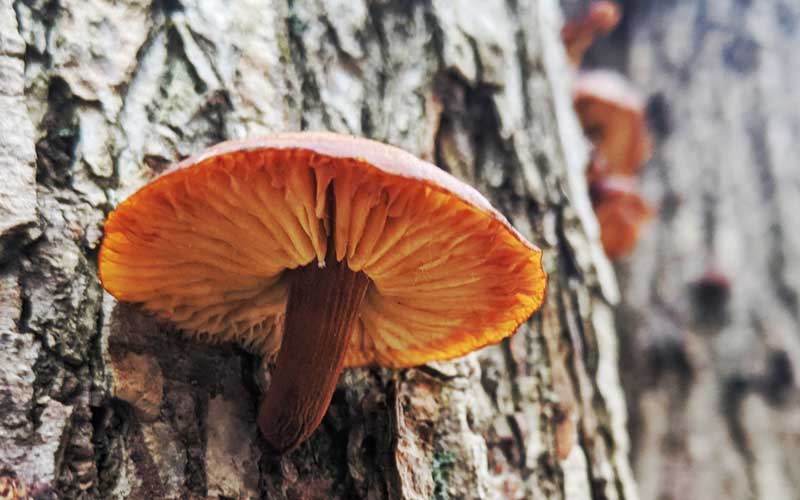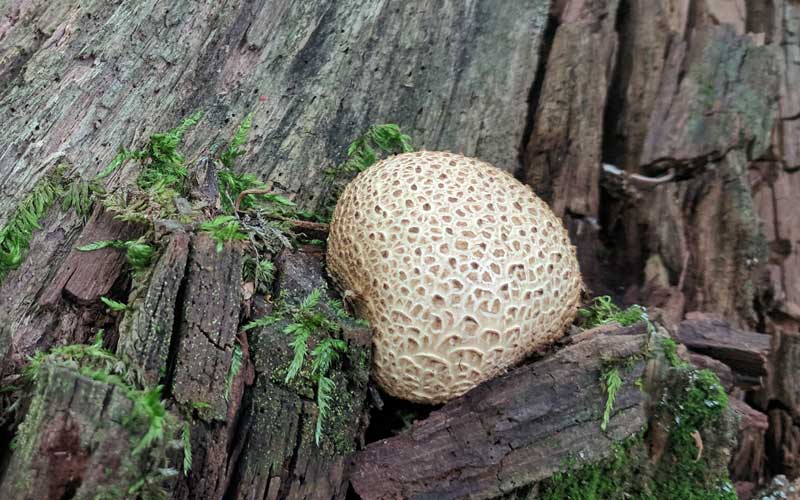- Home
- Mushroom Resources
- Got Questions?
- Can mycelium be used to create biofuels or other renewable energy sources?
Can mycelium be used to create biofuels or other renewable energy sources?
by Nat
(Denver)

Mycelium on rotting wood
QUESTION:
Hi, I’ve been reading on one of your other pages about all the ways people are finding to use mycelium. Sounds amazing.
My question is whether we can use mycelium as a source of biofuels, or some kind of equivalent.
Thank you.
Nat
ANSWER:
OK, this is going to get a little sciencey… so buckle up. : )
Yes, mycelium holds a ton of potential for making biofuels and renewable energy sources.
Researchers and entrepreneurs have been working on this for a while.
One approach involves using mycelium to break down lignocellulosic biomass, such as agricultural waste or plant residues, into fermentable sugars. These sugars can then be used as feedstock for the production of biofuels, such as ethanol or biobutanol, through fermentation processes. Mycelium-derived enzymes, such as cellulases and hemicellulases, play a crucial role in the breakdown of complex plant materials into simpler sugars, making them more accessible for biofuel production.
Mycelium can also be used in the production of biogas through anaerobic digestion. In this process, organic matter, including agricultural waste or food scraps, is broken down by microorganisms, including mycelium, in the absence of oxygen. This produces a mixture of methane and carbon dioxide, which can be captured and used as a renewable energy source.
Additionally, mycelium has shown potential as a source of biohydrogen. Researchers have explored the ability of certain fungi to produce hydrogen gas through a process called dark fermentation. This renewable form of hydrogen can be utilized as a clean energy source for fuel cells or as a feedstock for other chemical processes.
While these applications are still in the experimental stage, the use of mycelium for biofuels and renewable energy production offers several advantages. It utilizes abundant and renewable biomass resources, helps reduce greenhouse gas emissions by recycling organic waste, and provides an alternative to fossil fuels.
However, further research and development are needed to optimize the efficiency and scalability of mycelium-based biofuel and energy production processes.
In other words… yes to your question, but it’s still early days.





